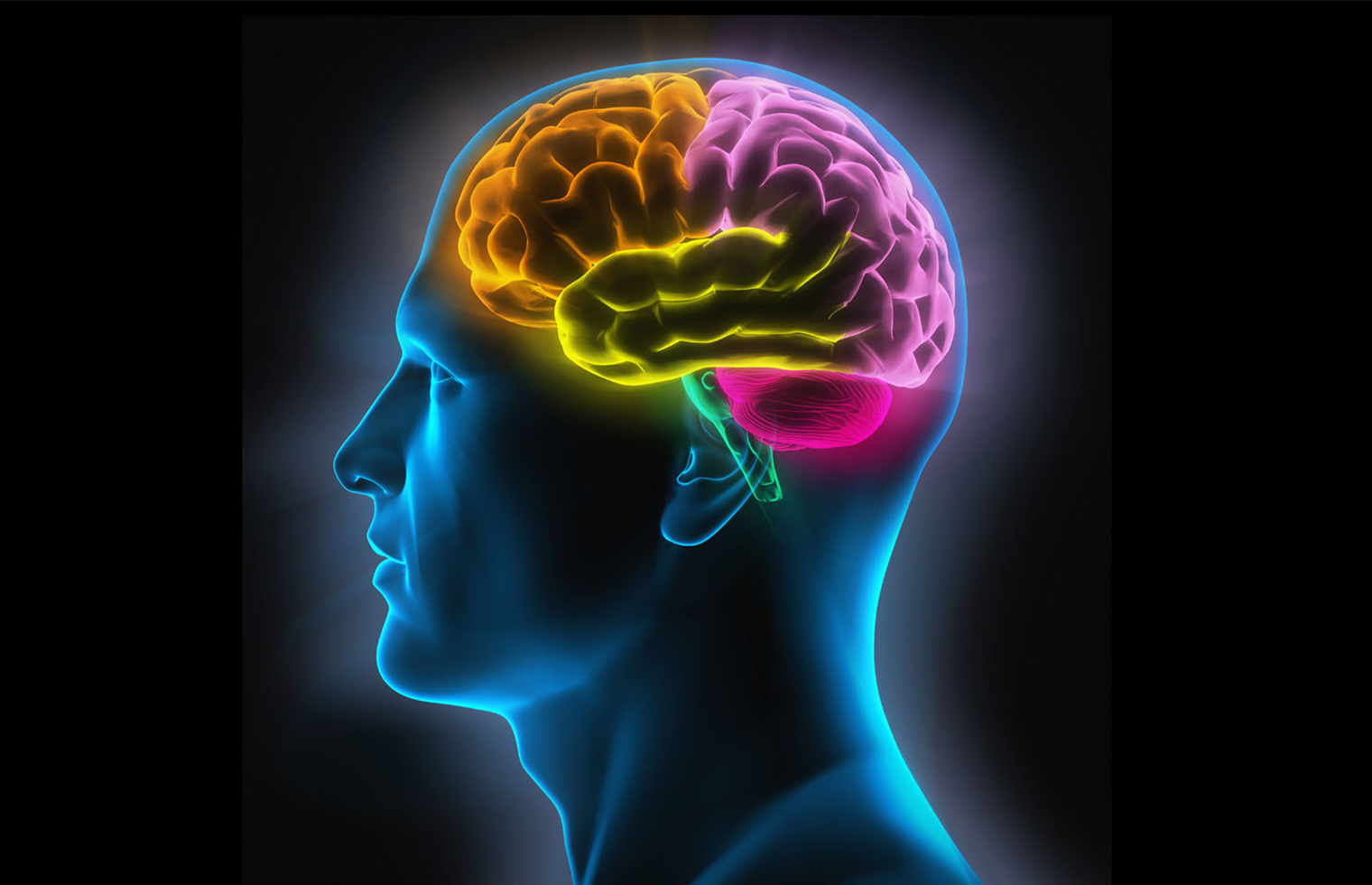
Each year nearly 70 million people will suffer serious and sometimes fatal traumatic brain injuries (TBIs). Most TBI survivors have long-term cognitive deficits, and better treatments are needed to improve their recovery.
In a study involving a rodent model of TBI, published in April 2022 in Cerebral Cortex Communications, Emad Eskandar, M.D., M.B.A., and colleagues showed that deep-brain stimulation (DBS) of specific brain regions improved learning and stimulated the growth of brain neurons in the rodents. Additional research by the authors—work involving nonhuman primates and a pilot study involving humans—adds to evidence that DBS can help after TBI, and a clinical trial is being planned.
Dr. Eskandar is the chair of neurological surgery at Einstein and Montefiore and a professor in the Leo M. Davidoff Department of Neurological Surgery, of psychiatry and behavioral sciences, and in the Dominick P. Purpura Department of Neuroscience at Einstein. He also holds the Jeffrey P. Bergstein Chair in, and the David B. Keidan Chair of, Neurological Surgery.